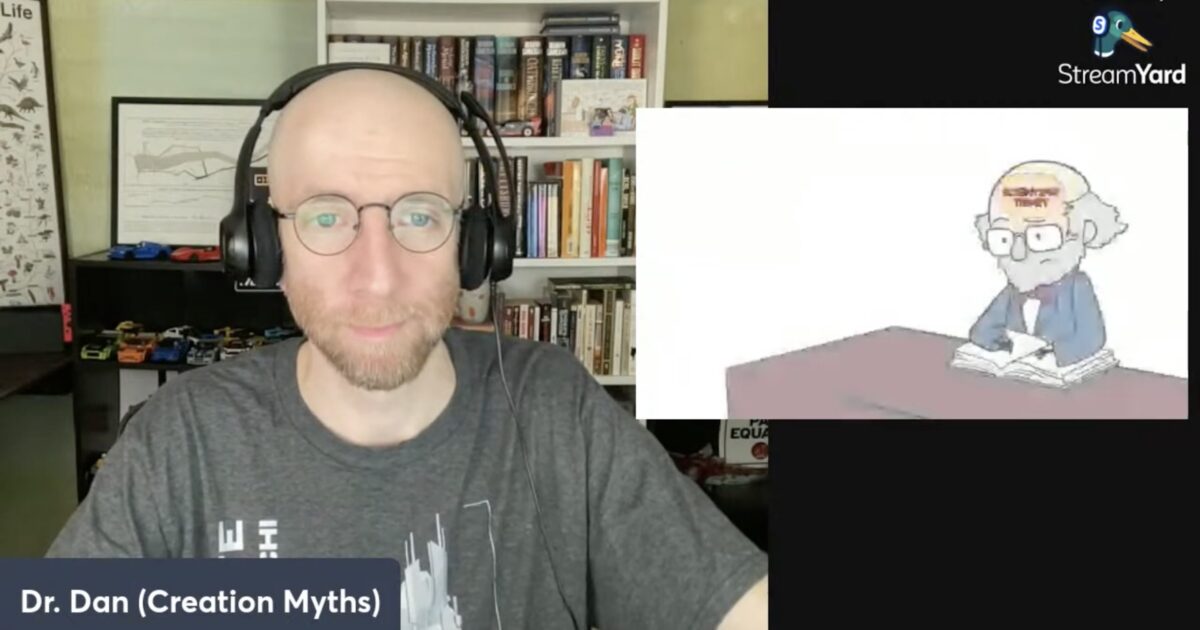
American Scientist


What Intelligent Design Research on COVID-19 Would Look Like

Remarkably, Humans Are Just the Right Size to Make and Master Fire

Darwinist: ID Could Have Redeemed Itself by Leaping to Prejudged Conclusion on COVID-19

Rare Earth at Twenty — And My Connection
Darwin’s Theory and Cancer
Darwinist blogger Orac recently took issue with my observation that Darwin’s theory plays no important role in medicine. Orac, a surgical oncologist, insisted that Darwin’s theory is very helpful in modern cancer research. He wrote: Now, using the principles of evolution, Maley et al have found one potential indicator of which patients with Barrett’s esophagus will progress to cancer and which will not. Basically, they adapted a diversity measure from ecology and evolution known as the Shannon diversity index. I’m going to have to leave it to my evolutionary biology colleagues to tell me more whether this was appropriately done, but for purposes of this paper the authors treated each sample ot as a single organism but as thousands of Read More ›
Alex Rosenberg’s “Darwinian Reductionism” Under Fire
The May-June 2007 issue of American Scientist contains John Dupré‘s review of Darwinian Reductionism: Or, How to Stop Worrying and Love Molecular Biology by Alex Rosenberg. Dupré fears that Rosenberg’s adherence to strict physicalist reductionism (“Darwinian Reductionism”), where “everything is ultimately determined by what happens at the physical level–and that this entails that the mind is ‘nothing but’ the brain,” is based upon a failure to understand why most philosophers of biology have abandoned such reductionism rather than a new revelation. As Dupré points out, most philosophers have abandoned this view because, among other reasons, genes have a “many/many” relationship with phenotype. More specifically, his [Rosenberg’s] portrayal of the genome as a program directing development, which is the centerpiece of Read More ›





































